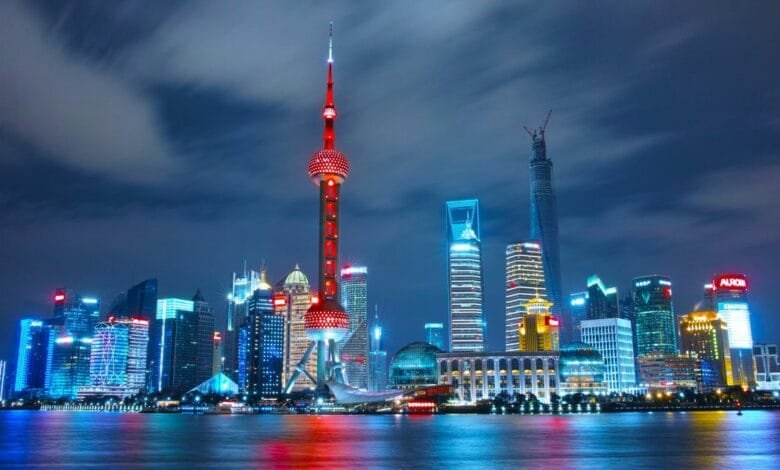Shanghai’s New Game Policy Opens Doors for Foreign Developers

▼ Summary
– Mingzhen Li is the CEO of Playful Digital, which helps international gaming titles enter China’s market, now aided by a new Shanghai policy.
– Shanghai’s three-year pilot program allows foreign games developed there to be treated as domestic titles, simplifying the licensing process.
– China’s ISBN licensing system is a major hurdle for foreign games, with slow approvals and strict content checks, limiting their market access.
– The policy benefits studios with Shanghai teams, like Riot and Ubisoft, by offering faster approvals and bypassing stricter foreign-game regulations.
– The move signals China’s gradual market opening, encouraging foreign developers to establish local teams and tap into the growing digital content industry.
Shanghai’s latest gaming policy could transform how international developers access China’s massive market, offering a streamlined path through regulatory hurdles. The city’s new three-year pilot program allows foreign games developed locally to receive the same licensing treatment as domestic titles – potentially cutting through years of bureaucratic delays that have blocked many studios from entering the world’s largest gaming ecosystem.
Every game released in China requires an ISBN license, whether for mobile, PC, or console platforms. Without it, titles can’t legally monetize or appear on official Chinese storefronts. While PC games sometimes bypass this via Steam’s international version, mobile developers face an absolute barrier – no ISBN means exclusion from the iOS App Store and Android marketplaces.
Approval statistics reveal the scale of the challenge. In 2024, just 110 foreign titles secured licenses among 1,306 total approvals – less than 9%. The disparity persists in 2025, with only 55 international games approved versus 757 domestic ones. Foreign submissions undergo stricter content reviews and longer waits, putting global studios at a structural disadvantage.
Shanghai’s initiative aims to rebalance this dynamic. From July 2025 to June 2028, foreign developers establishing teams in the city can apply for licenses under the same quotas and timelines as local studios. Major players like Riot Games and Ubisoft, already operating Shanghai offices, stand to benefit immediately. For others, it presents a compelling case to relocate development resources rather than merely localizing finished products.
The policy aligns with broader industry shifts. As Western markets become more saturated and costly, China’s vast audience and improving regulatory climate grow increasingly attractive. Faster approvals at the national level, combined with Shanghai’s localized incentives, suggest a strategic pivot toward welcoming foreign innovation while maintaining oversight.
Practical implications are significant. Studios with Shanghai presences can now expedite launches, deploy local servers, and integrate fully with Chinese platforms. Those testing the market might leverage Steam and social media campaigns to build audiences ahead of formal entry. Mobile developers, however, gain the clearest advantage – the chance to sidestep traditional bottlenecks and compete on more equal footing.
Execution will determine its impact. Regulatory coordination and consistent implementation remain critical unknowns. Yet for an industry long frustrated by opaque processes, this represents the most tangible opening in years. Shanghai isn’t just streamlining access – it’s positioning itself as the hub for global studios aiming to crack the Chinese market.
For developers weighing their options, the message is clear: the barriers to entry are lowering, and the first movers may secure lasting advantages. Whether through immediate licensing or gradual market testing, opportunities are emerging where few existed before.
(Source: Games Industry)